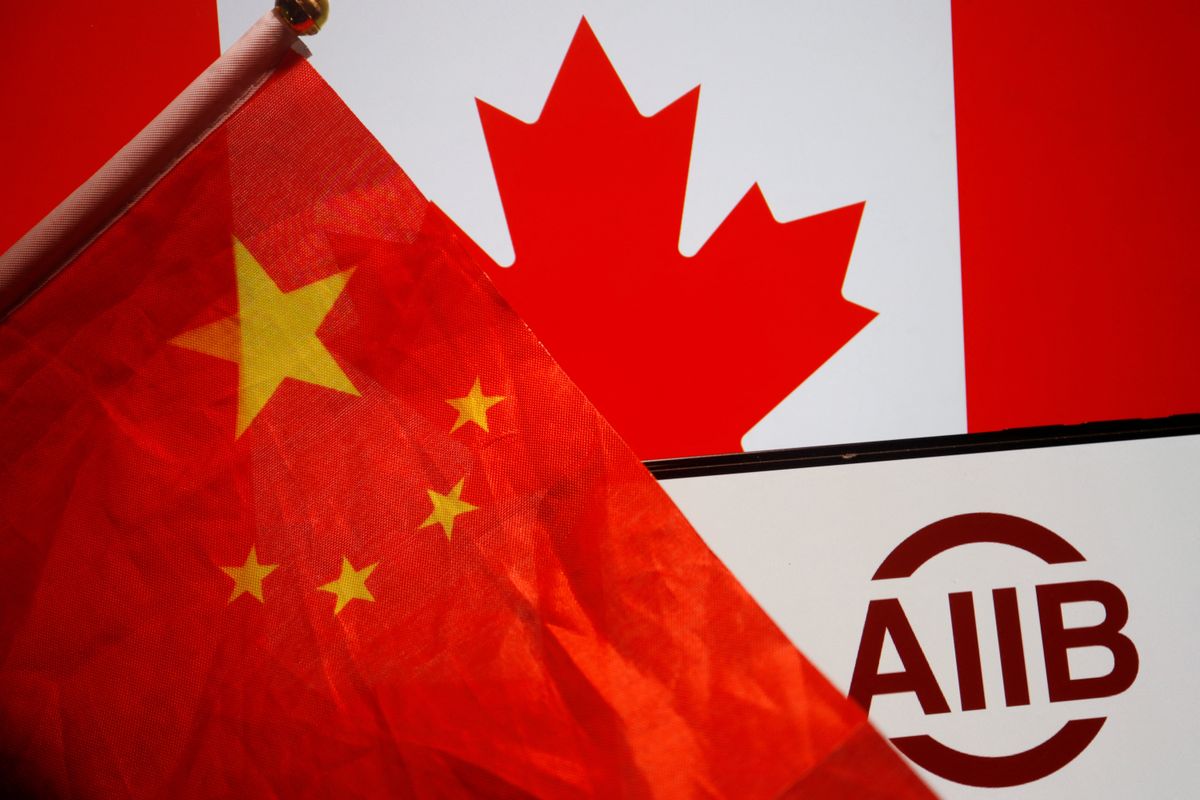While Secretary of State Anthony Blinken’s been busy trying to stabilize US-China relations, Canada has temporarily frozen its relationship with the Asian Infrastructure Investment Bank, citing possible infiltration from the Chinese Communist Party. The allegations, which China denied, came from the bank’s former global head of communications, Bob Pickard.
What is the AIIB? It’s a sometimes-rival, sometimes-partner of the Asian Development Bank with a pledged capitalization of nearly US$100 billion (a third comes from China; roughly $1 billion comes from Canada). It has over 100 members, including Canada, Australia, New Zealand, South Korea, France, Germany, and the United Kingdom. But the US — which controls the ABD along with Japan — opted not to join in 2015 under pressure from Congress and over concerns about China’s geopolitical goals. The Obama administration, seeing the AIIB as a regional rival, also tried but failed to keep its allies from joining.
Canada is investigating Pickard’s claims that the CCP infiltrated the bank – an allegation that seems obviously true and consistent with the practice of mega-world powers dominating multilateral institutions. Politically, Trudeau’s government has to react to the allegations – after all, this is playing out amid a Canadian public inquiry into alleged election interference by China.
But in a world increasingly marked by realpolitik, Ottawa also has to leave room for all sides to save face. Canada has no interest in falling too far out of step with the US-China relationship, and with Blinken’s ongoing efforts to stabilize relations with Beijing, Canada can’t alienate itself from China.
This is why, despite the freeze, Canada’s ambassador to Beijing is insisting that Canada and China are not adversaries … and why we don’t expect much to come from the AIIB investigation.





